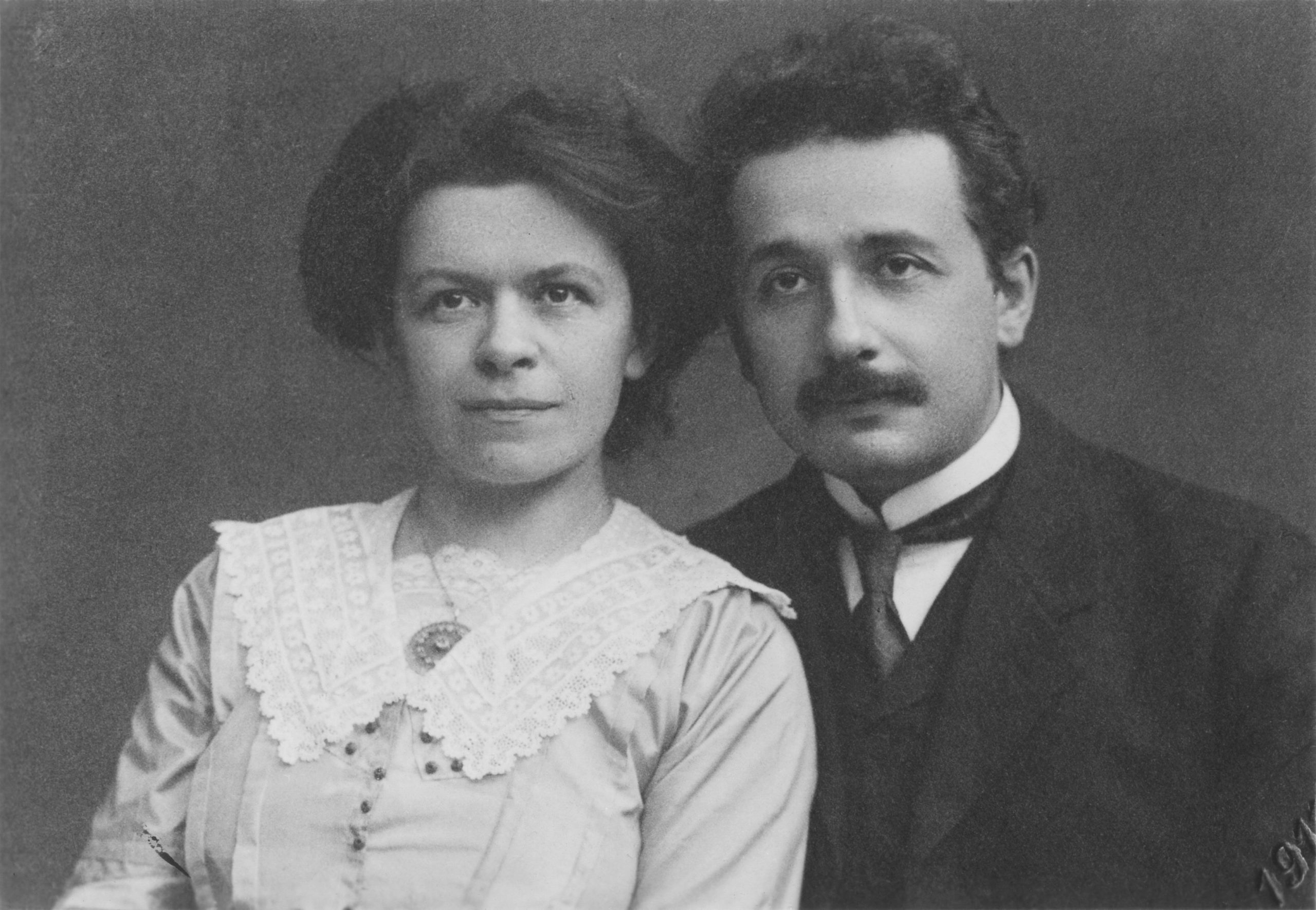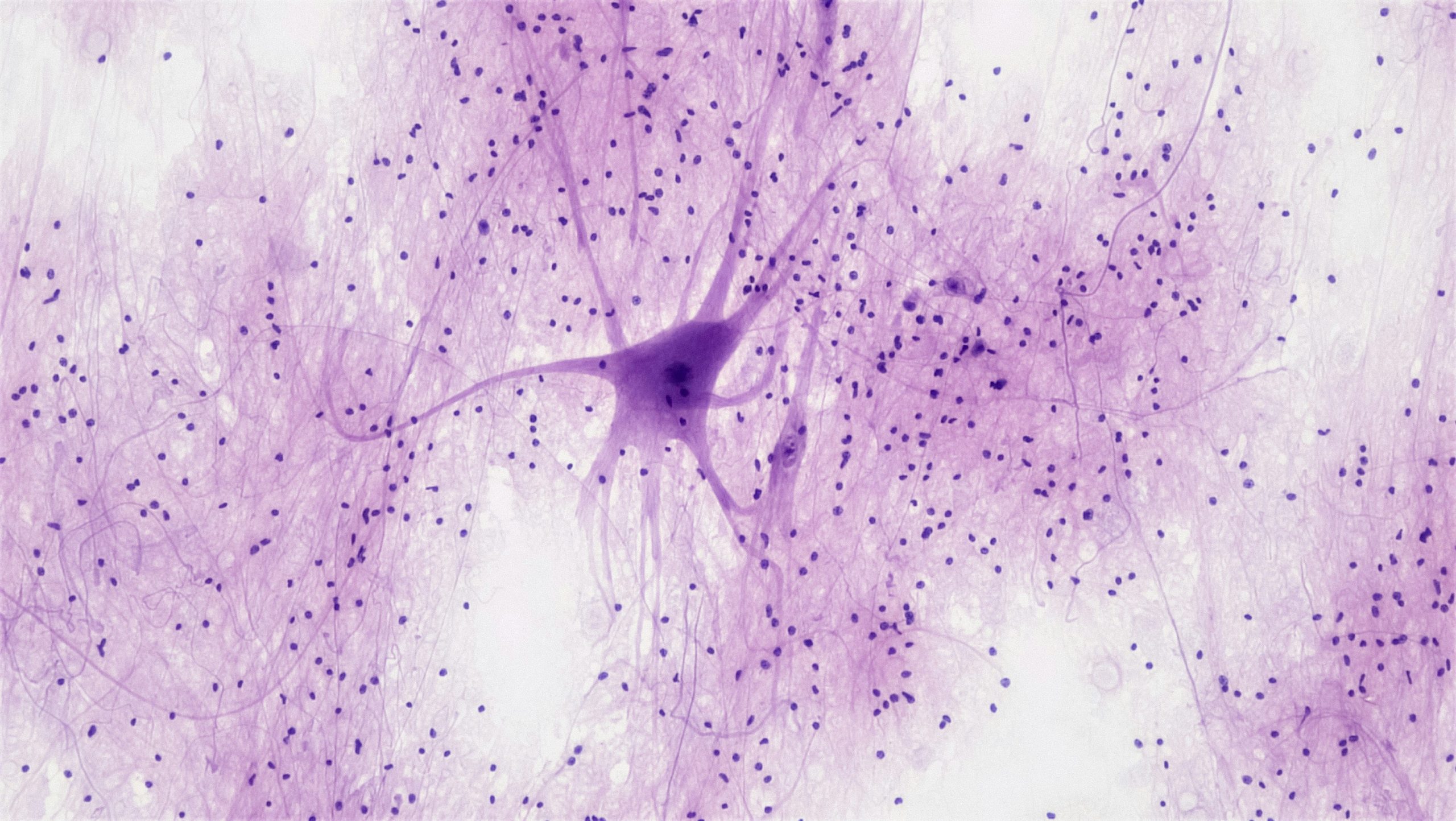by Krishna Gowda, Year 11, Merchant Taylors Boys School Crosby, Merseyside
Whether interested in science or not, the vast majority of people have heard of Albert Einstein, esteemed physicist, renowned for his four ground-breaking papers. However, in recent years, evidence has emerged that calls into question the belief that Einstein worked alone, after a series of letters were discovered, depicting his correspondence with his first wife, Mileva Maric, a scientific genius in her own right.
Born in Serbia in 1875, Mileva Maric was Albert’s opposite. Methodical and systematic, whilst Albert was content to skip lectures in preference to his own studying, Mileva diligently attended. They encountered each other at the Polytechnic Institute of Zurich in 1896, both admitted to the Maths-Physics section. To their peers, they were inseparable, constantly together, usually studying. Their fondness of each other’s company portrayed their deep bond and shared affection for each other and physics, though perhaps, not in that order for Albert.
Mileva’s scientific flair rivalled Albert’s, demonstrated by both obtaining similar grades by the end of 1900. However, she was denied a degree, having failed the diploma exam, as a professor was suspected of blocking her. Albert Einstein was sole author on his first article, “Conclusions from the Capillarity Phenomena”, published in 1900, though in their letters, Albert and Mileva both referred to it as ‘our’ paper, perhaps a sign of joint collaboration. It has been suggested that only Albert was accredited to aid him in acquiring a job, as his family, who disapproved of their relationship, was intent on Albert securing an occupation to support Mileva.
Mileva’s burdens of failing her exam intensified as she became pregnant in July 1901. With her future in question, Mileva took the exam for the second and final time, but again failed and was denied a degree. Albert still refused to marry her, as he was unemployed, barely making ends meet via tutor lessons. In January 1902, she gave birth to a baby girl, Liserl, who has been lost to history.
In June 1902, Albert was given a job at a patent office and married Mileva on 6th June 1903. In 1904, their son, Hans-Albert, was born, and 1905, Albert’s miracle year, garnered him widespread attention and publicity; Albert wrote his distinguished articles and commented on twenty-one scientific papers.
Later, the couple visited Serbia on three separate occasions to meet relatives and friends, whose testimonies provided some insight into their alliance. For example, Milos, Mileva’s brother, wrote, “ …the young married couple would sit together at the table and at the light of a kerosene lantern, they would work together on physics problems.” Miloš spoke of how they calculated, wrote, read and debated. Mileva’s father was also reported to have confided in friends about his daughter’s collaboration with Albert.
However, Mileva’s fortune in life dipped greatly several years later, as did her marriage with Albert, who offered the prize money received for winning the Nobel Prize, if he won, if she divorced him. Mileva agreed and in 1922, he won the award and granted his now ex-wife her share.
History unjustly remembers Mileva only as Albert Einstein’s first wife. She was restricted by gender boundaries; had her full potential been unlocked, perhaps she too would have embedded herself in history but instead may always remain an unsung hero. In contrast, the scientific world was graced with the partnership between Marie and Pierre Curie, another illustrious scientific couple, who had a successful relationship in which they were well known for their devotion to each other as well as their mutual respect as scientists. When only Pierre was nominated for the 1903 Nobel Prize for work that Marie had jointly established, he refused a nomination if his wife were not to be included.
At the end of the day, there is no doubt that Albert Einstein is one of the greatest physicists to have ever lived. What remains in question, and perhaps will never be known, is the degree of Mileva’s contribution to some of the most significant theories of physics to have been discovered. Like the moon blocking the sun in a solar eclipse, she was blocked by a professor and perhaps too, her husband. In this case, the light truly faded for Mileva Maric.





